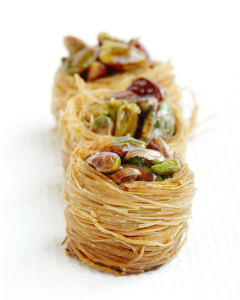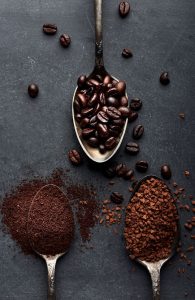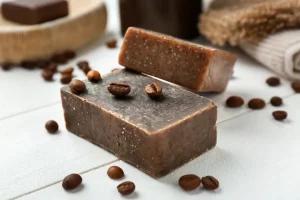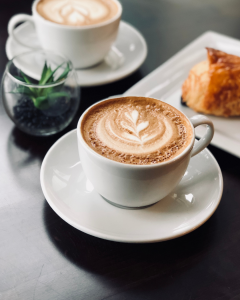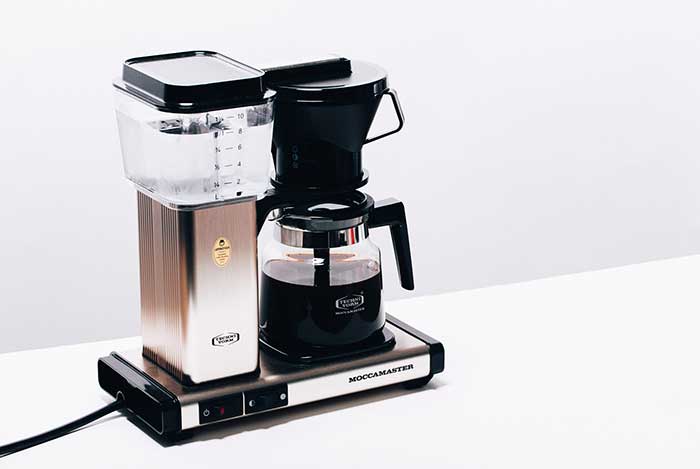
The Best Home Coffee Machines
The Best Home Coffee Machines
- Shelli Galici
- 17-05-2018
- 21-09-2018
- 1929 views
- Advice, Fashion, Featured, Featured Articles, Information, Tips

They said this coffee machine is the best coffee maker, here’s why.
There is a lot of coffee machines in the market that says it’s the best where they are all-in-one that can grind, brew, and make the perfect cup of Joe. Well, that’s what we’re looking when it comes to coffee makers where it can give us the luxury of making our life easy.
Peter Giuiliano, Chief Research Officer at the craft, the Specialty Coffee Association speaks of the past about coffee during World War I, the struggles and how was coffee made back in the days. But his main focus is to study where coffee’s at: “It’s easy to get caught up in the minutiae of the whole thing,” Giuliano said, “but at the end of the day we’re just trying to show people the machines that make the best coffee.”
Ten years ago, there were only two home coffee makers accredited by the Specialty Coffee Association’s Certified Home Brewer badge, which had already been around since the ’80s. But as the industry, of coffee, is evolving the demand for home quality coffee is rising that is why the program has flourished adding 11 more coffee machines to their first two collections, with a rigorous testing process being submitted for certification every year.
The best coffee machines that were ranked back in the days are;
Technivorm’s Moccamaster ($310), Bonavita’s BV1900TS ($115) and BV1900TD ($133), the Breville Precision Brewer ($300), Behmore’s Brazen Plus ($130) and Connected ($170) brewers, the Bunn 10-Cup ($130), both of OXO’s On series makers ($200 for 9-cup, $290 for 12-cup), the Kitchenaid Pour-Over brewer ($135) and KCM0802 brewer ($160), Wilfa’s very pretty Precision Coffee Maker ($200) and Cuisinart’s PurePrecision ($180) – according to Giuiliano these coffee machines represents the greatest in home coffee brewers, here’s why?

The coffee makers that make the cut are typically slightly pricier than the average maker, but not overly so. Bunn’s simple 10-cup maker ($130) and Behmore’s Brazen Plus ($130) reign as the most affordable, while the elder statesmen of SCA-certified brewers, Technivorm’s Moccamaster ($310), is the least frugal option.
When Phil McKnight, Breville’s Global Business Manager, was asked about the certification program he paused, then chuckled. “Yes, it’s, um, quite rigorous,” he said.
What is the certification program about,?
The certification program is a set of standard that for brewers to meet where it’s some sort of a “golden cup” for coffee brewers, a mythical way to describe yield with a coffee-to-water ratio of 55 grams per liter. Not only must brewers be able to produce this ratio within a 10 percent margin of error, but they need to do it twice — once at full capacity and once at a one-liter capacity. To make matters more difficult, the brewers have to do it with water between 195 and 205 degrees Fahrenheit.
To achieve certification, brewers must also contend with a confluence of technical standards set by the SCA and European Coffee Brewing Center. Machines must be able to brew their full capacities of water in four to eight minutes; they must hold the temperature of the delivered water to Golden Cup standards; they must saturate the grinds with precise uniformity; and they must be able to keep the brewed coffee between 176 and 185 degrees after brewing (for at least 30 minutes). Any misstep, even by just a few degrees Fahrenheit, is a fail.
Giuliano noted that the standards and tests they are making are not just a gimmicky, but consist of thorough research based on the consumers taste that goes all the way back to the 1950s. “We’re not making this stuff up,” he said. The goal is simply to identify machines that are capable of doing what people want them to do.
“Think about all the things you have to get right in these machines to meet the standards to make the best cup of coffee, then remember you have to make it fit on someone’s countertop and preferably under their cabinets,” said Brian Gross, the engineer behind two SCA-certified brewers from Bonavita.
Brian Gross explains the most difficult part of the brewer certification is how each challenge plays into another: “Only 30 percent of coffee is extractable from the grinds, but you have to make sure you’re only extracting between 18 and 22 percent of it for the perfect cup, and you have to do that with water that is between 195 and 205 degrees. And, of course, you have to make something that works for different sized pots of coffee.”
According to McKnight, brewers that achieve certification are more than just coffee makers. They’re “technical marvels.” Bonavita’s two certified brewers — which were able to nail every obstacle in the certification process, and retail for significantly less than others on the list — feature an extra-wide water showering head and a pre-brew infusion function that de-gases the grinds, making for a cleaner cup of coffee.
There are so many things to consider in the brewer’s certification program, but Giuliano firmly believes that coffee, although possessing functionally limitless complexity, has one task that matters. “Ultimately, we’re there to make people’s most delicate time of day just slightly better,” he said.
Source Gear Patrol
















